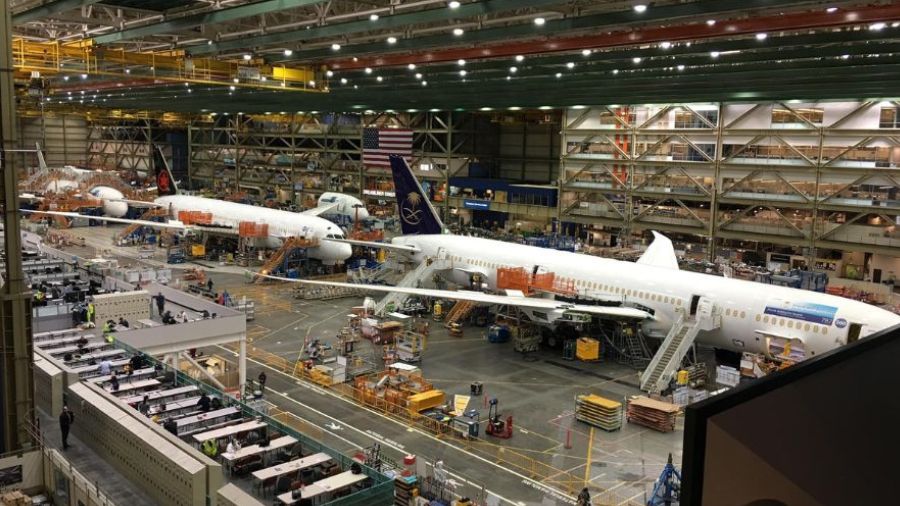Washington’s solution to backlog of rape kits could be in Ohio
Aug 22, 2018, 6:41 AM | Updated: 8:00 am

(AP Photo/Bebeto Matthews, File)
(AP Photo/Bebeto Matthews, File)
There are 10,000 untested rape kits in Washington waiting for a lab to process them. The state has struggled to clear the backlog for years, with little success. Now a lawmaker thinks the solution to the mounting problem can be found in Ohio.
RELATED: DNA database helping solve Pierce County cold cases
Democratic State Representative Tina Orwall is one of two lawmakers leading the fight to clear the rape kit backlog in Washington. While her legislative sexual assault task force has made some progress, she says there’s still a tremendous amount of work to be done.
“You know in 2015, when we passed the bill to require testing of kits, we also gave the lab seven additional staff, and then last session three more,” Orwall said. “But what we’re realizing is from the time it takes to actually train the staff to do some of the procedures we’re using, we’re just not testing kits at a very high rate.”
Part of the problem is many of those new positions at the Washington State Patrol crime lab have been tough to fill – and keep filled — because it takes 2-3 years to train the scientists, and private labs pay better. So some staff complete the training and end up moving to a better-paying job at a private lab.
The other issue is the time it takes to do rape kit testing on Washington — older kits which are sent to private labs take at least a year, while new kits take nearly two years unless they’re put on a rush, which still takes months.
Rep. Orwall believes the solution may be in Ohio, a state that cleared its own massive backlog of rape kits this year.
“It was like 15,000 kits and I think they got through them in five years, and having just come back from Ohio I can tell you they took their time down from like 125 days down to like 25 days on all their cases, including sexual assault kits,” Orwall said.
She just returned from visiting the Ohio labs last week to get an up-close look at what they’re doing.
“They really have set up their labs in a way that is almost like you’d see in factory where people do certain types of work which allows it to be expedited, it’s kind of a team model, “Orwall said. “They also have more equipment, robotics and other equipment that can do the batching, really like four times what an individual could do. And again, part of it is you have to determine which parts of the evidence have DNA that’s significant and the more you can expedite that process the more rapidly the kits are tested and then put into the federal CODIS system.”
Orwall says that’s huge, because aside from untested kits — leading to a lack of justice for rape survivors — the other big issue is that it poses a public safety threat. The longer it takes to get an offender’s DNA into the system, possibly leading to an arrest, the longer they’re out on the street with a chance to re-offend.
In fact, there have been several cases in Washington where rape kits sat on a shelf for years, were finally tested, and led to suspects who had re-offended since the tests were administered. This includes a recent case in Tukwila.
Ohio’s success with rape kits
Orwall says a key part of Ohio’s success has been the streamlined team model they use.
“The model, since it’s doing different components, also allows them to hire staff and they start working within months, right? So these staff have the ability to participate and they learn the other functions as time goes on. They learn on the job while they’re getting parts of the kits tested and they do these team models where they have goals, they keep each other accountable and they have a lot of pressure from leadership that everything will be tested within 25 days, which is really pretty incredible,” Orwall said.
Orwall is hopeful Washington can copy Ohio’s system.
“We do have some unused lab capacity that would allow us to do this kind of model,” she said, calling it “high-throughput lab.”
“We could bring on additional staff and maybe come up with this kind of assembly line process to expedite the testing,” Orwall said. “So I’m hopeful that we can maybe look at this as something we can embrace.”
The plan would be to hire 4-5 new staff members at the state lab, but have them work in that team model. They essentially train on the job and are ready to start working in months rather than years. Orwall believes that working in that team environment, rather than alone, could also help with retention.
The state would also need to get the robotic equipment used in the lab.
As for the costs.
“I don’t know all the costs,” Orwall said. “I know we do have some good equipment, but as far as this ability to batch large amounts; you know right now it’s like an individual picking up liquid from a tube and putting into another tube.”
The robots, however, can process about 50 samples at a time, with less human error, she notes. But she points out that it’s a onetime cost, and well worth the money if leads to more rapid justice and keeps dangerous rapists off the street.
Members of the state crime lab who joined Orwall on the Ohio trip agree with the lawmaker’s takeaways, and are currently looking into what equipment is needed, along with other necessary changes to implement this model. They are also considering the overall cost that Orwall and others on the legislative sexual assault task force will use to introduce this next legislative session.
The full number of untested rape kits in Washington is not yet known. A team out of the attorney general’s office is currently in the middle of doing a statewide inventory. Results are expected in a few months. Orwall believes those results will show the number of untested kits statewide is much higher than 10,000.
Orwall says Washington state has failed those thousands of rape survivors.
“I just want them to know we’re committed to making this right,” she said fighting back tears. “Because I just feel like we failed so many people. As I’ve met survivors I know these are things that impact them their entire life. These are scars that do not go away. And I do think, as we move forward, we’re going to help a lot of survivors heal and that gives me hope.”













